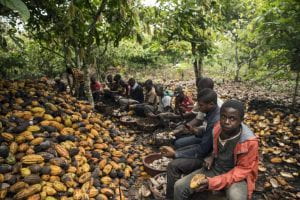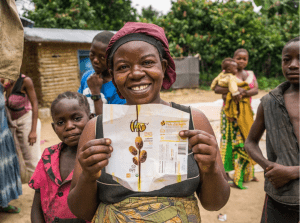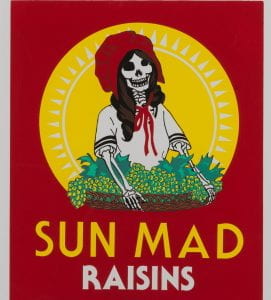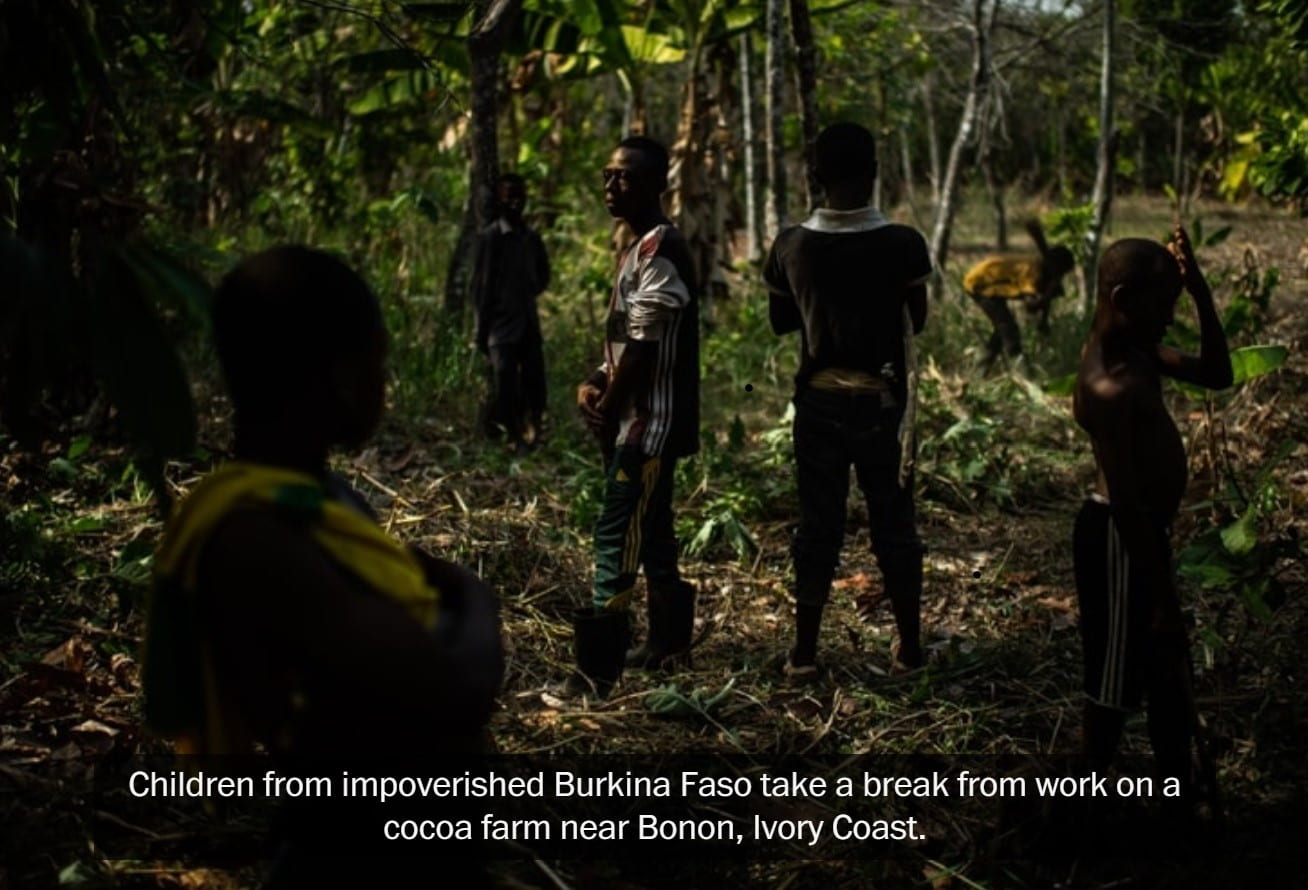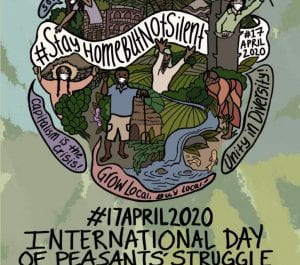Thinking about food choices now more than ever, I find myself at a crossroads ethically. I wanted to connect my two favorite contemplative practices (Hunger and Exotic Foods) because I wanted to discuss them both, but I didn’t know how. I realized seeing as though they’re closely linked, I could find a bridge.
I noticed, as I went downstairs the day after listening to the Exotic Foods contemplative practice, how much diversity I saw in my kitchen. I saw pineapples, pears, snap peas, coffee beans, etc. I saw in that kitchen a link to countless different countries, which really amazed me. I had produce from all around the world. But as I should’ve been in awe I felt in my bones, it was a lot of regret and shame.
Over-exploitation has been a big topic in our class and I wanted to investigate more. I looked over the Conventional Supply Chain vs. the Free Trade Supply Chain and saw how utilizing middle men (while it was getting more people paid domestically) was hurting already-underprivileged farmers. If you use a Conventional Supply Chain, it takes more money away from the producers of exotic foods, which leads into the hunger aspect. Thousands of farmers, because they are being slighted financially, are unable to feed their families. Argentina, for example (a large exporter of foreign foods) reported that thousands of their inhabitants are undernourished or malnourished, even though “Argentina is one of the largest exporters of exotic fruits/foods” (BBC, 2011). With the main driver of this phenomenon being generation of revenue by exporting foods to more well-off countries, I didn’t know how to react.

Argentinian Farmer growing food for foreign export, while his own country harbors a malnutrition problem.
The act of a contemplative practice, to me at least, it thinking about something in a way that you never have. Trying to enrich your mind, if you will. By expanding your scope of thinking to overseas interests, you become more in touch with the food in your kitchen and start to think about things on a deeper level.
Photo: https://www.mcclatchydc.com/news/policy/trade/article222257655.html
In-Text Citation: https://www.bbc.com/news/world-latin-america-12973543




/cdn.vox-cdn.com/uploads/chorus_image/image/59692373/GettyImages_968561996.6.jpg)

